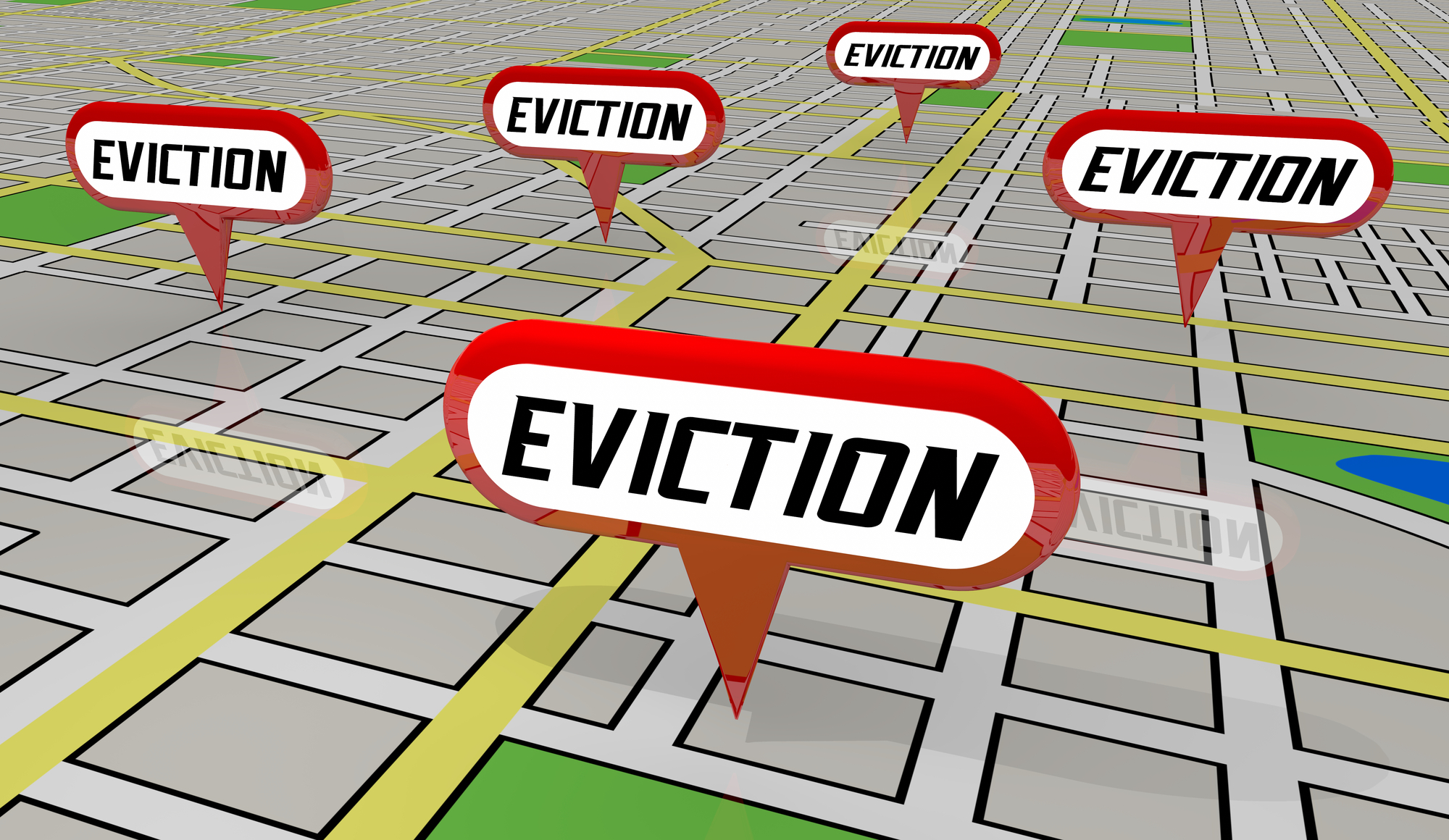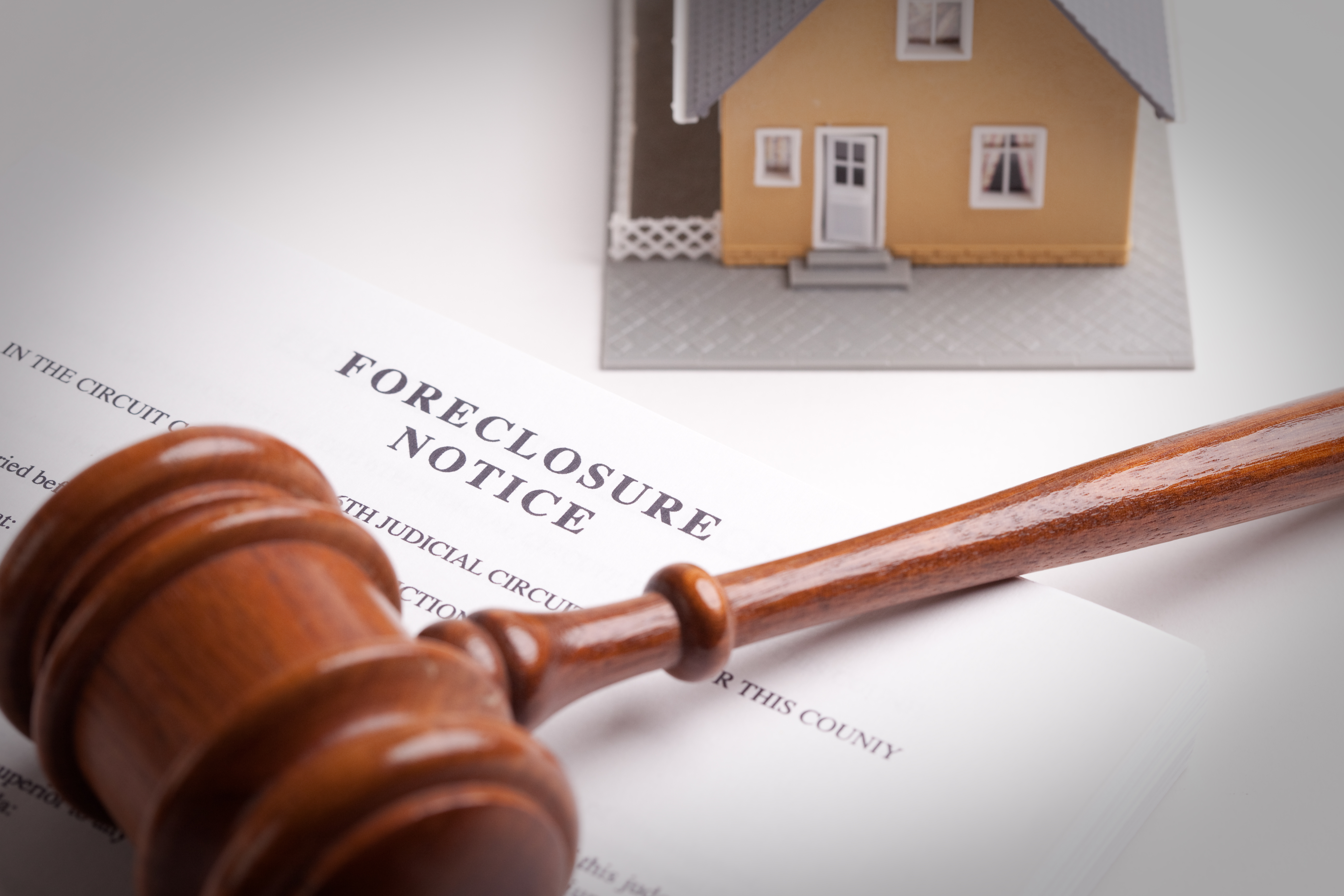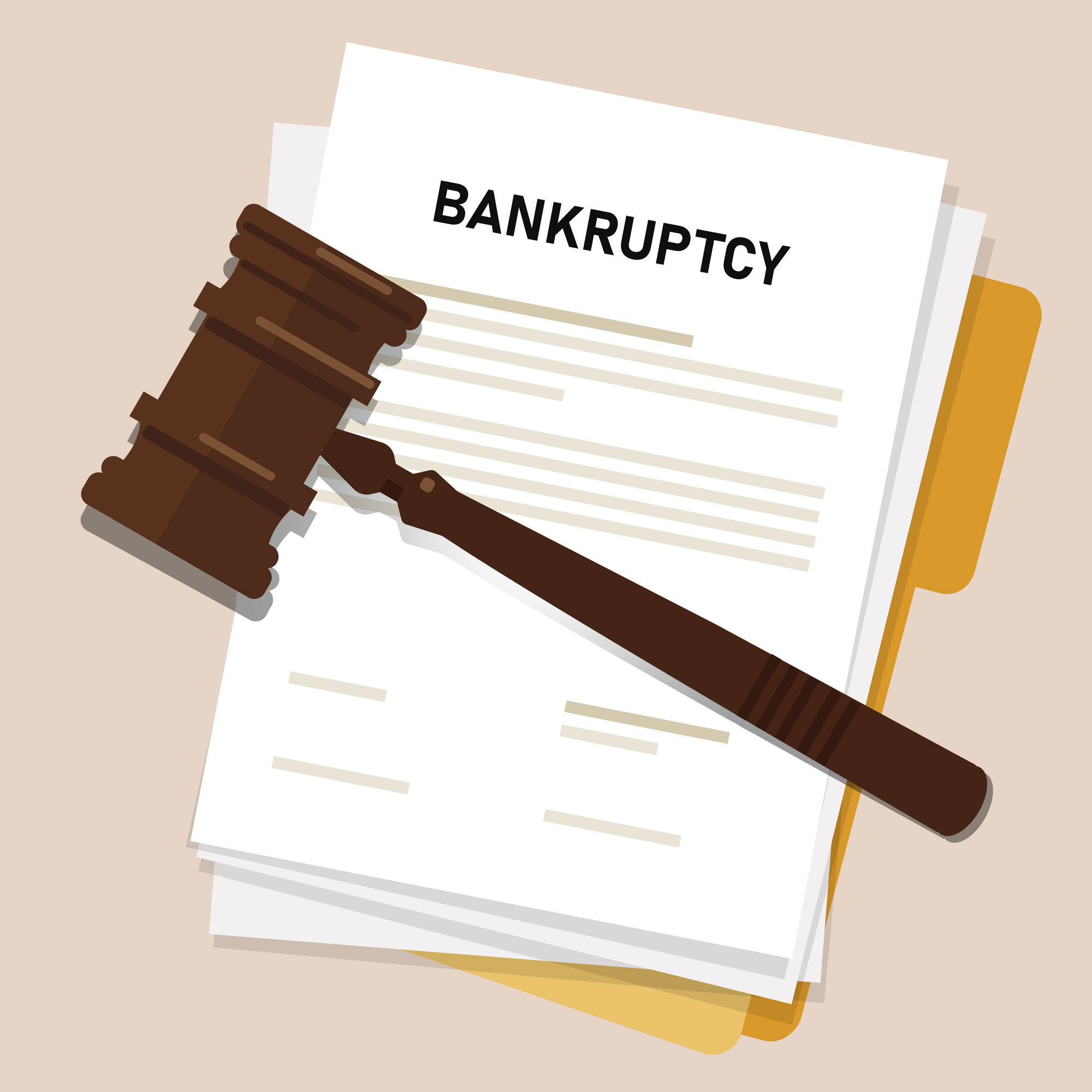COVID-19 Update-Status of Tenant Evictions and Foreclosures
By: Michael L. Moskowitz and Michele K. Jaspan
 On August 12, 2021, the U.S. Supreme Court granted a request from a group of New York landlords to block a part of the state's eviction moratorium, enacted due to the COVID-19 pandemic. Landlords claimed they did not have a way to challenge tenants who sought protection from eviction by submitting a hardship claim form which tenants were allowed to complete citing they experienced economic hardship because of the pandemic. Property owners argued that tenants could use the hardship claims to avoid paying rent even when they have the ability to do so.
On August 12, 2021, the U.S. Supreme Court granted a request from a group of New York landlords to block a part of the state's eviction moratorium, enacted due to the COVID-19 pandemic. Landlords claimed they did not have a way to challenge tenants who sought protection from eviction by submitting a hardship claim form which tenants were allowed to complete citing they experienced economic hardship because of the pandemic. Property owners argued that tenants could use the hardship claims to avoid paying rent even when they have the ability to do so.



 We have reported extensively over the years regarding the judicial treatment of student loans in bankruptcy, particularly with respect to how federal courts have interpreted section 523(a)(8) of the Bankruptcy Code, which bars a debtor from discharging certain student loan debt. See 11 U.S.C. § 523(a)(8). However, in a recent decision issued by the Court of Appeals for the Second Circuit, the court held that private student loan debt is indeed dischargeable in bankruptcy. In re Hilal K. Homaidan, Case No. 20-1981 (2d. Cir. July 15, 2021). Read the full opinion
We have reported extensively over the years regarding the judicial treatment of student loans in bankruptcy, particularly with respect to how federal courts have interpreted section 523(a)(8) of the Bankruptcy Code, which bars a debtor from discharging certain student loan debt. See 11 U.S.C. § 523(a)(8). However, in a recent decision issued by the Court of Appeals for the Second Circuit, the court held that private student loan debt is indeed dischargeable in bankruptcy. In re Hilal K. Homaidan, Case No. 20-1981 (2d. Cir. July 15, 2021). Read the full opinion 
 On May 25, 2021, the New York Senate passed Bill S153 (“Bill”), called the “Consumer Credit Fairness Act,” which: (i) establishes a 3-year statute of limitations for commencement of a cause of action arising out of a consumer credit transaction; (ii) sets forth a required notice of lawsuit that must be mailed to a defendant; (iii) establishes certain requirements for a complaint, including but not limited to attaching a copy of the contract or instrument to the complaint; and (iv) provides for arbitration of such actions. The Bill was passed in the Assembly on June 2, 2021, and will now be sent to the Governor’s desk for signature or veto.
On May 25, 2021, the New York Senate passed Bill S153 (“Bill”), called the “Consumer Credit Fairness Act,” which: (i) establishes a 3-year statute of limitations for commencement of a cause of action arising out of a consumer credit transaction; (ii) sets forth a required notice of lawsuit that must be mailed to a defendant; (iii) establishes certain requirements for a complaint, including but not limited to attaching a copy of the contract or instrument to the complaint; and (iv) provides for arbitration of such actions. The Bill was passed in the Assembly on June 2, 2021, and will now be sent to the Governor’s desk for signature or veto. We have previously written about the strict requirements of the requisite notice which must be sent to a borrower before commencement of a residential foreclosure action in New York. New York’s Real Property Actions and Proceedings Law (“RPAPL”) § 1304 requires a mortgage lender to notify a residential home borrower of an impending foreclosure action at least 90 days before the foreclosure action is commenced, using specific statutory language, printed in 14-point type, sent by registered or certified mail, as well as by first class mail, to the borrower (“RPAPL 1304 NOTICE”). The statute does not specifically address whether lender’s counsel may send the RPAPL 1304 NOTICE on behalf of its client.
We have previously written about the strict requirements of the requisite notice which must be sent to a borrower before commencement of a residential foreclosure action in New York. New York’s Real Property Actions and Proceedings Law (“RPAPL”) § 1304 requires a mortgage lender to notify a residential home borrower of an impending foreclosure action at least 90 days before the foreclosure action is commenced, using specific statutory language, printed in 14-point type, sent by registered or certified mail, as well as by first class mail, to the borrower (“RPAPL 1304 NOTICE”). The statute does not specifically address whether lender’s counsel may send the RPAPL 1304 NOTICE on behalf of its client.  A new rule proposed by the Consumer Financial Protection Bureau (“CFPB”), would create a new pre-eviction review period to grant millions of Americans more time to figure out payment options before Covid-19 federal mortgage protections expire at the end of June. A copy of the proposal can be found
A new rule proposed by the Consumer Financial Protection Bureau (“CFPB”), would create a new pre-eviction review period to grant millions of Americans more time to figure out payment options before Covid-19 federal mortgage protections expire at the end of June. A copy of the proposal can be found  In a recent opinion of interest to creditors and debtors alike, on January 14, 2021, the Supreme Court held that passive retention of a debtor’s property does not violate the automatic stay. City of Chicago v. Fulton, Case No. 19-357 (Sup. Ct. Jan. 14, 2021). Read the full opinion
In a recent opinion of interest to creditors and debtors alike, on January 14, 2021, the Supreme Court held that passive retention of a debtor’s property does not violate the automatic stay. City of Chicago v. Fulton, Case No. 19-357 (Sup. Ct. Jan. 14, 2021). Read the full opinion  The Court of Appeals for the Second Circuit recently upheld the lower courts’ decisions holding that a debtor’s non-primary residence qualified for the federal “homestead” exemption under section 522(d)(1) of the Bankruptcy Code. In re Maresca, Case No. 19-3331 (2d. Cir. Dec. 14, 2020). Read the full opinion
The Court of Appeals for the Second Circuit recently upheld the lower courts’ decisions holding that a debtor’s non-primary residence qualified for the federal “homestead” exemption under section 522(d)(1) of the Bankruptcy Code. In re Maresca, Case No. 19-3331 (2d. Cir. Dec. 14, 2020). Read the full opinion  Creditors having significant claims against a bankruptcy debtor often face daunting challenges. Many general practitioners are simply not familiar enough with bankruptcy procedures. Liquidation and reorganization cases have materially different objectives, proceedings move quickly, claims deadlines are strictly observed, and bankruptcy statutes and rules typically favor debtors over creditors. When matrimonial disputes are added to the mix, the bankruptcy court is charged with balancing public policy—protecting the child and custodial parent and deferring to state family court expertise—with the interests of a financially troubled debtor seeking a fresh start. Despite the initial disadvantage, Creditor preparation, diligence and expert help can turn things around.
Creditors having significant claims against a bankruptcy debtor often face daunting challenges. Many general practitioners are simply not familiar enough with bankruptcy procedures. Liquidation and reorganization cases have materially different objectives, proceedings move quickly, claims deadlines are strictly observed, and bankruptcy statutes and rules typically favor debtors over creditors. When matrimonial disputes are added to the mix, the bankruptcy court is charged with balancing public policy—protecting the child and custodial parent and deferring to state family court expertise—with the interests of a financially troubled debtor seeking a fresh start. Despite the initial disadvantage, Creditor preparation, diligence and expert help can turn things around. In a recent opinion of interest, the Bankruptcy Court for the District of New Mexico held that a federal credit union constitutes an “instrumentality of the United States” as included in the definition of “governmental unit” pursuant to section 101(27) of the Bankruptcy Code. In re Marquez, Case No. 19-10284-j7 (Bankr. D. N.M. Sept. 30, 2020). Read the full opinion
In a recent opinion of interest, the Bankruptcy Court for the District of New Mexico held that a federal credit union constitutes an “instrumentality of the United States” as included in the definition of “governmental unit” pursuant to section 101(27) of the Bankruptcy Code. In re Marquez, Case No. 19-10284-j7 (Bankr. D. N.M. Sept. 30, 2020). Read the full opinion 



